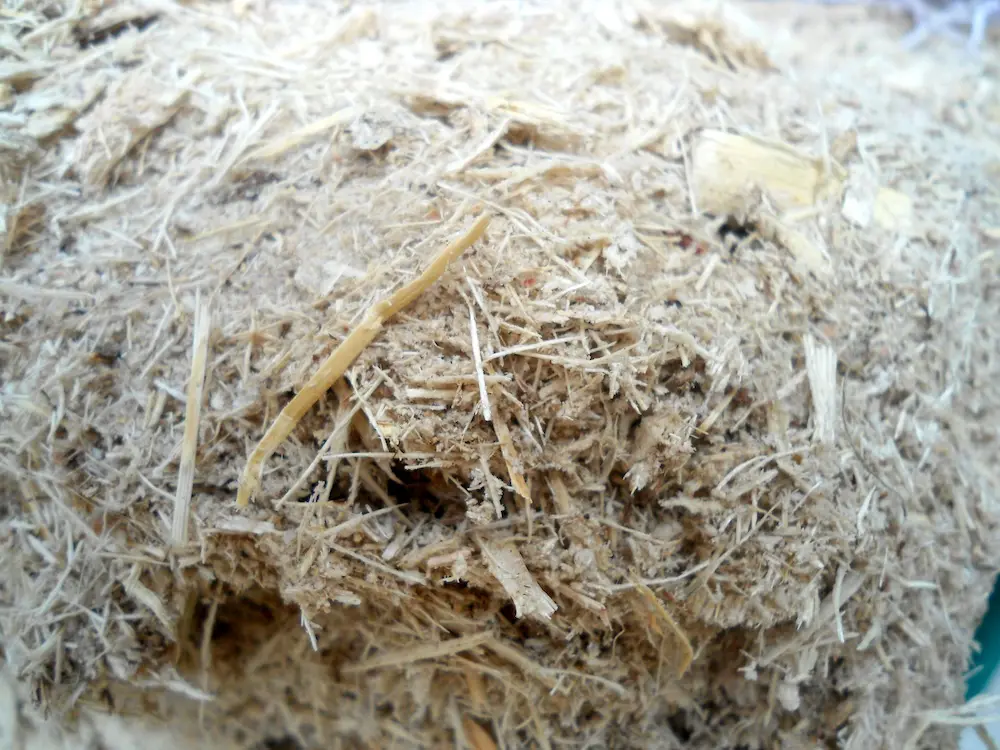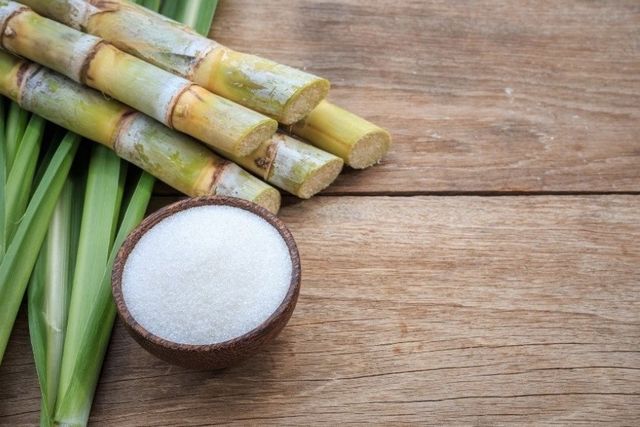Lasting Sugarcane Products: From Sweeteners to Eco-Friendly Product
The capacity of lasting sugarcane products expands past conventional sugar to incorporate an array of environment-friendly goods, providing a compelling case for their assimilation right into modern-day consumer practices. As the world grapples with pushing environmental problems, sugarcane emerges as a versatile resource qualified of resolving both nutritional needs and sustainability objectives.
Summary of Sugarcane Sustainability
As the demand for eco-friendly items grows, understanding sugarcane sustainability comes to be progressively vital. Sugarcane, a functional crop, is grown mainly in subtropical and tropical areas, and its sustainability is critical for both ecological health and wellness and economic practicality. Lasting sugarcane farming techniques concentrate on lessening ecological influence while taking full advantage of efficiency and success.
Trick aspects of sugarcane sustainability include effective land use, lowered chemical input, and enhanced water monitoring. Practices such as plant turning, integrated parasite monitoring, and natural fertilization add to soil health and wellness and biodiversity. Additionally, innovative modern technologies, such as accuracy farming, aid enhance source usage and decrease waste.
Moreover, sugarcane is a sustainable source, with byproducts that can be used in different markets, from biofuels to naturally degradable plastics, thereby lowering dependence on nonrenewable fuel sources and reducing carbon footprints. Certifications like the Bonsucro typical urge lasting practices throughout the supply chain, advertising transparency and responsibility.

Sugarcane-Based Sweeteners
Using sugarcane as a primary source, sugarcane-based sweeteners have gained importance as natural options to man-made sugar and polished sugars (sugarcane product). These sweeteners, derived from the extraction and handling of sugarcane juice, offer a variety of products that provide to varied consumer preferences, including natural and minimally processed alternatives
Raw walking cane sugar keeps even more of the natural tastes and nutrients found in sugarcane, making it a popular choice for health-conscious consumers. Panela, a traditional Latin American sugar, is created by evaporating sugarcane juice, preserving its natural minerals and vitamins.
The growing demand for sugarcane-based sweeteners is driven by increasing recognition of wellness and sustainability issues connected with conventional sugar. By selecting sugarcane-derived items, customers not just sustain sustainable farming methods yet likewise add to a much healthier way of life, aligning their dietary options with their ecological worths.
Eco-friendly Packaging Solutions
Emerging as a sensible alternative to conventional plastics, naturally degradable packaging remedies stemmed from sugarcane are changing the packaging industry. These innovative materials offer an environmentally pleasant option that attends to the expanding worries over plastic contamination. Making use of the all-natural sugars discovered in sugarcane, producers are developing numerous types of eco-friendly packaging, consisting of films, containers, and wraps that decay a lot more quickly than traditional plastics.
The main advantages of sugarcane-based packaging depend on its eco-friendly sourcing and its capability to break down into non-toxic results. Unlike fossil fuel-derived plastics, which can persist in the setting for hundreds of years, sugarcane packaging commonly decays within a couple of months under correct conditions. This reduction in waste not only alleviates landfill overflow yet also decreases the carbon impact associated with packaging products.
In addition, sugarcane-derived product packaging maintains durable performance qualities, using equivalent longevity and performance to conventional options. As customers and services progressively prioritize sustainability, the adoption of naturally degradable product packaging options stands for a considerable step in the direction of a circular find out economy, where products are reused and regrowed instead than thrown out. This change not only boosts brand name image however additionally adds to a more lasting future for the planet.
Eco-Friendly Textiles and Fabrics
Green fabrics and textiles are getting traction in the fashion and home products industries as customers significantly require lasting alternatives to standard materials. Amongst the notable alternatives are fabrics acquired from sugarcane, which provide an ecologically accountable alternative to artificial fibers. These fabrics are produced through a process that uses the eco-friendly resources discovered in sugarcane, significantly reducing dependence on petroleum-based materials.

Brands are progressively incorporating environment-friendly textiles into their product, showing a wider dedication to sustainability. This shift is not merely a pattern yet a needed advancement in response to ecological worries. As the market for lasting fabrics increases, consumers can anticipate ingenious styles that combine design with ecological obligation. Inevitably, green fabrics and materials represent a considerable action toward reducing the garment industry's environmental footprint while dealing with the growing need for liable consumer options.
Innovations in Sustainable Farming
Revolutionizing farming practices, innovations in sustainable farming are transforming the method plants are grown and managed. These improvements focus on lessening ecological impact while maximizing effectiveness and productivity. Methods such as accuracy agriculture use data analytics and satellite images to enhance resource usage, ensuring that water, fertilizers, and chemicals are applied try this web-site just where required. This targeted strategy not only reduces waste but likewise boosts crop yields. go to website

In addition, agroecology, which incorporates eco-friendly principles right into farming, promotes biodiversity and soil health and wellness. Practices such as plant rotation, cover chopping, and intercropping foster durable ecosystems that can hold up against pests and environment variations - sugarcane product. In addition, making use of natural plant foods and biopesticides adds to healthier soils and ecological communities

Together, these innovations are not just reshaping the agricultural landscape however additionally adding to a more sustainable future for sugarcane and various other plants, aligning farming experiment environmental stewardship.
Verdict
Lasting sugarcane products stand for a substantial advancement in green choices, covering from natural sweeteners to eco-friendly products. As consumer choices progressively lean in the direction of sustainable alternatives, the versatility of sugarcane as a sustainable resource ends up being increasingly appropriate.
The potential of sustainable sugarcane products expands beyond conventional sweeteners to include a range of environmentally friendly products, offering a compelling instance for their integration right into modern-day consumer methods. Sustainable sugarcane farming methods focus on decreasing environmental impact while taking full advantage of productivity and profitability.
Sustainable sugarcane items represent a significant development in eco-friendly options, spanning from natural sweeteners to naturally degradable goods. The growing of sugarcane with sustainable practices not only boosts ecological health and wellness yet additionally contributes to financial viability. As consumer choices progressively lean towards lasting options, the adaptability of sugarcane as a sustainable resource becomes significantly relevant.